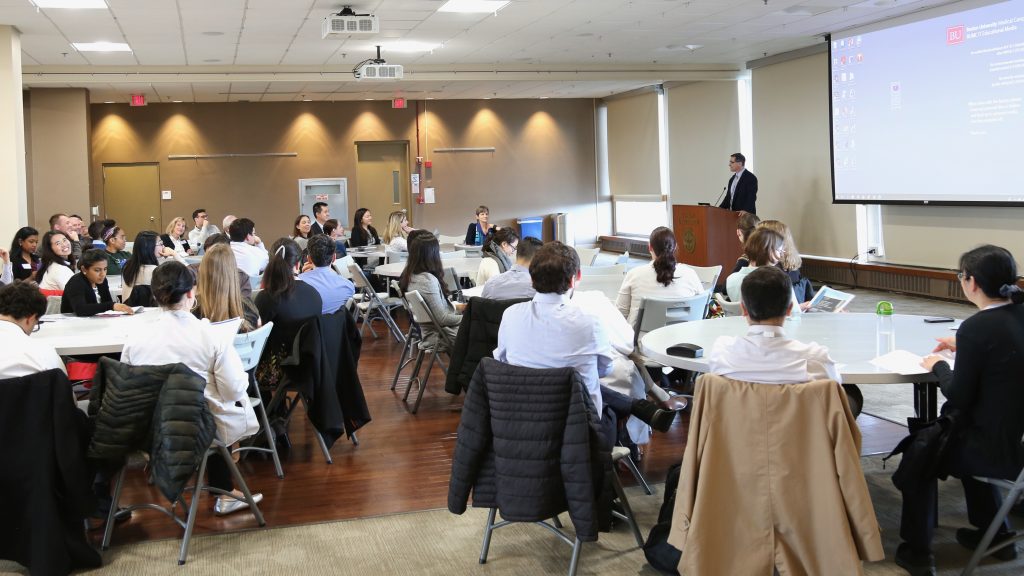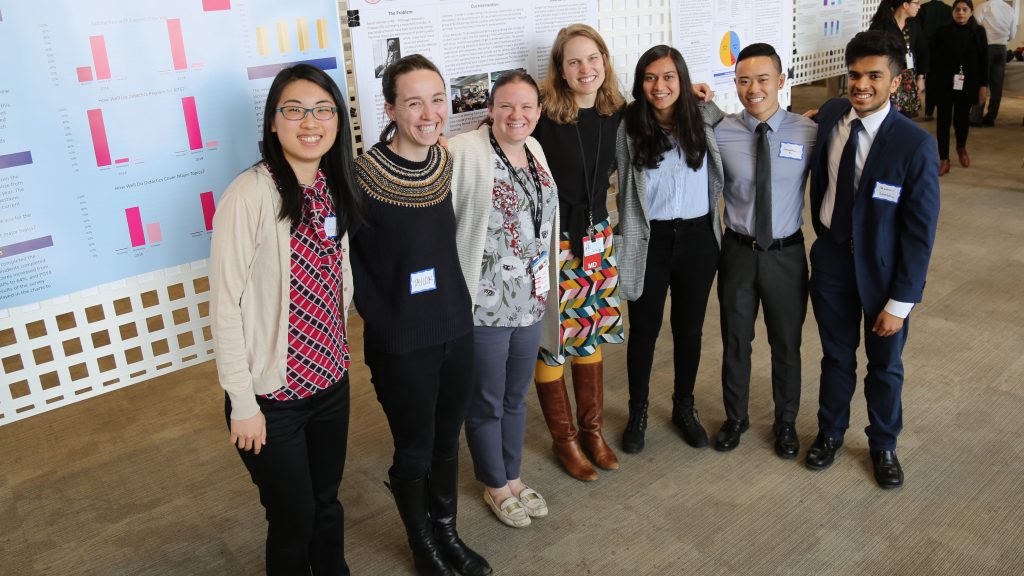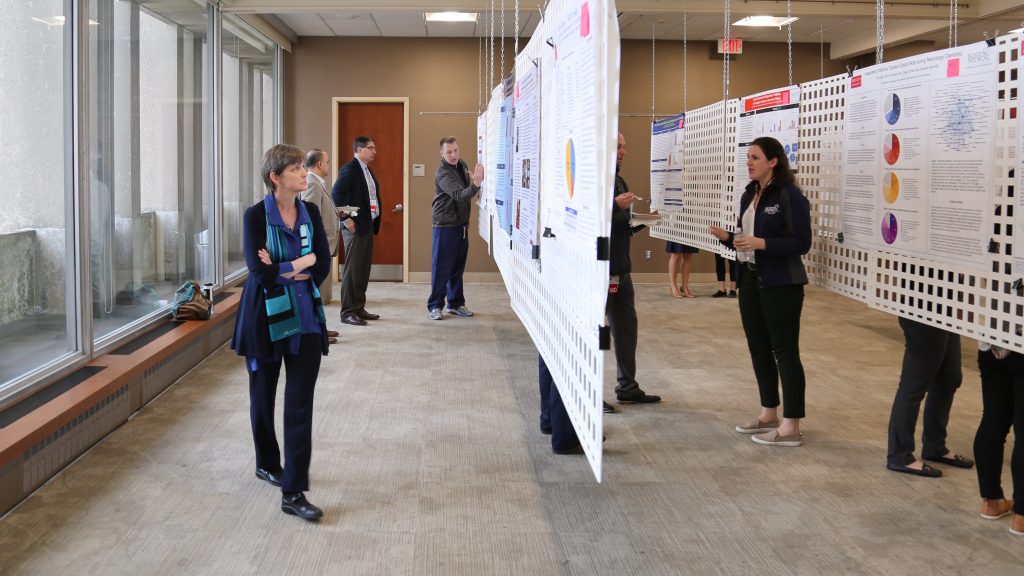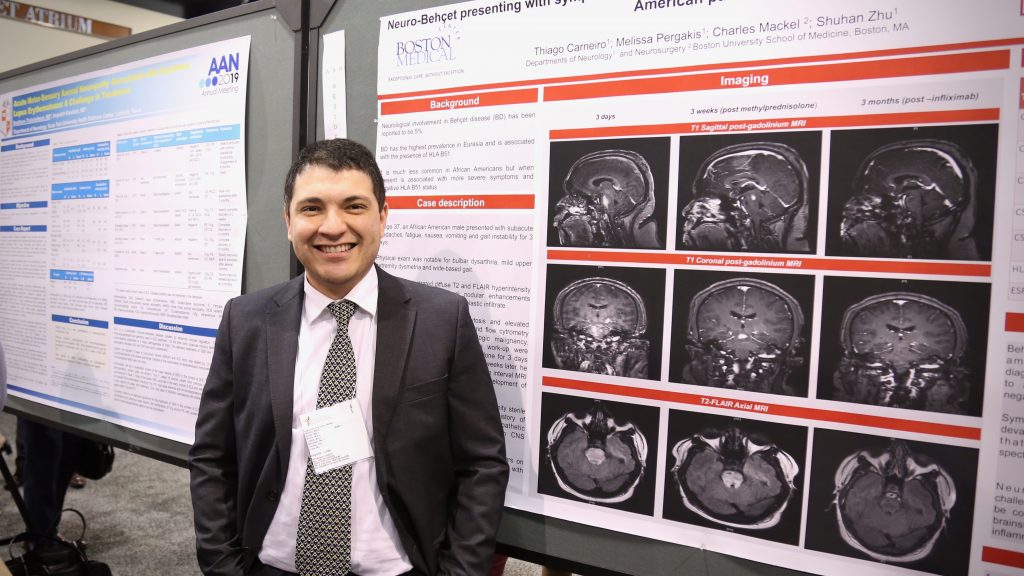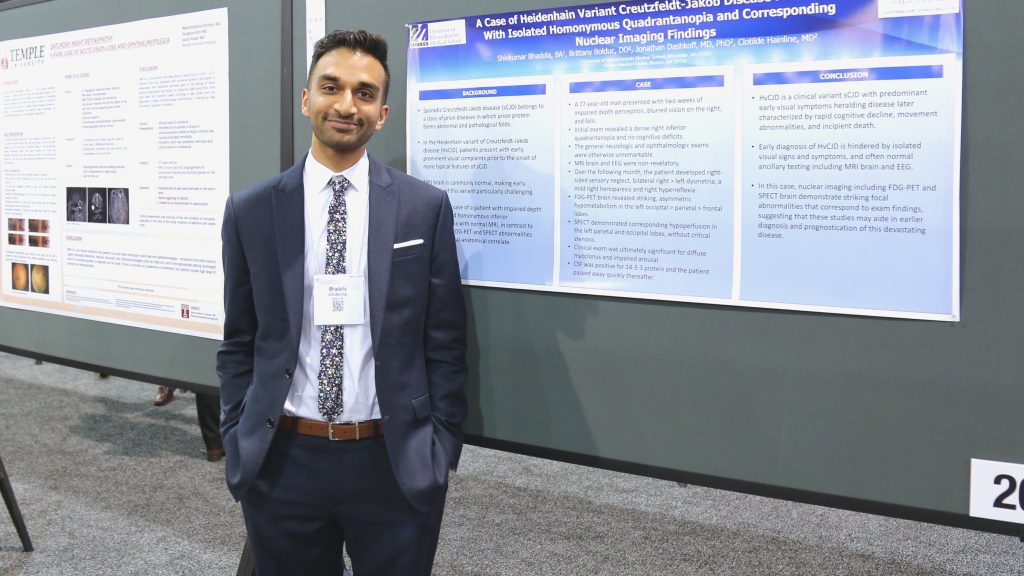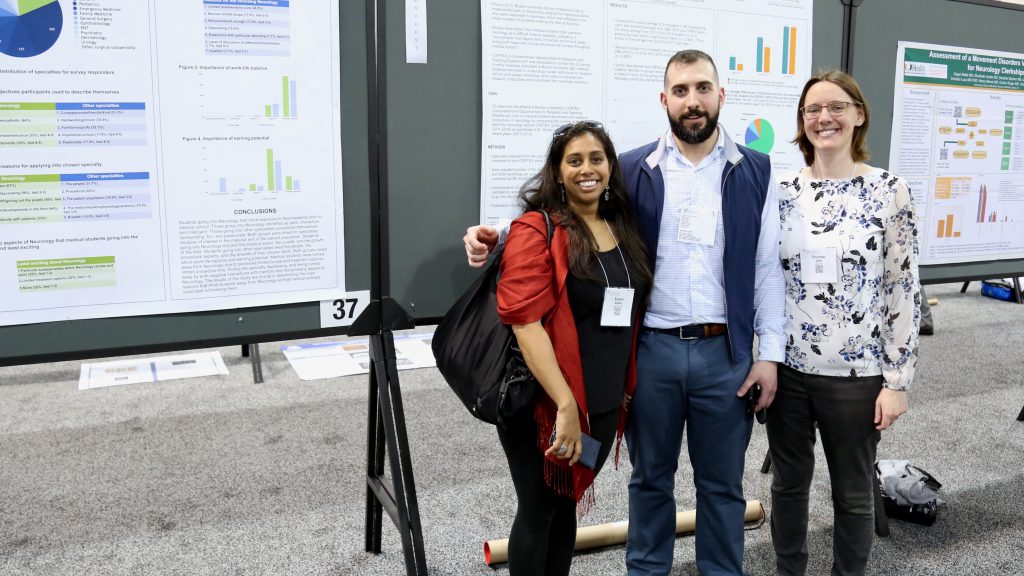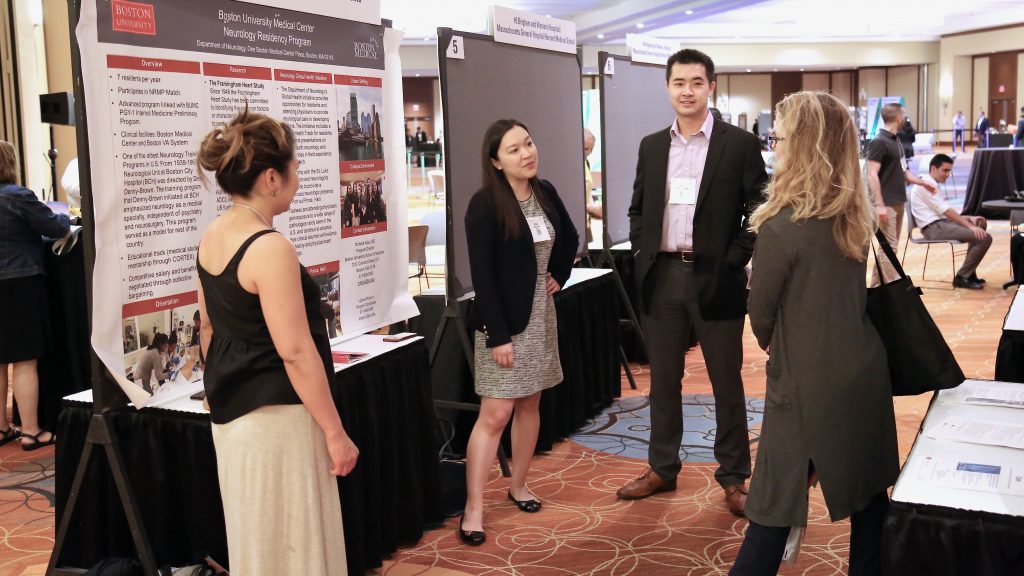Research Track
Goals: The goals of this optional Research Track are to match residents interested in a research career (clinical, translational, basic) with faculty mentors and projects early during their training path and to provide individualized research exposure and mentorship during their PGY1-4 clinical training years. Further, it is hoped that at the end of residency training, this mentoring and support program will allow trainees to apply for competitive fellowships that combine subspecialty clinical training and focused research time and enable them to be competitive for early career development and clinical research training awards, such as NIH K-series awards or disease foundation career development awards.
Program details: Although residents can become involved with research projects at any stage of their PGY1-4 years (independent of the Research Track), in order to take full advantage of this opportunity, it is recommended that applicants declare their intentions as early as possible. Ideally, individuals interested in the Research Track should make this known at the time of application to the residency program in an effort to schedule an interview with one of the Research Track directors. It should also be recognized that Neurology residency training provides a relatively short (3-year) period in which to learn clinical neurology, and that research elective time comes at the expense of clinical elective time.
Once accepted and matriculated in the residency program, those interested in the Research Track will schedule a meeting with the Research Track and Residency Directors to ensure that residency and career goals are well defined. Once accepted, residents in the Research Track may choose as their mentor any faculty member in any department at the School of Medicine or the University at large. In some, but not all cases, the directors of the Research Track may be able to help match residents with faculty of similar research interests. The faculty member must agree to be the mentor and also agree to pay any associated research expenses.
For a longitudinal research project to be approved, applicants must submit a brief (1-2 page) project description with Specific Aims. Residents in the Research Track will meet twice yearly with a committee composed of the directors of the Research Track.
Maximum time* available for research is as follows:
PGY2: 6 weeks
PGY3: 8 weeks
PGY4: 10-12 weeks
Total: 24-26 weeks (up to 4 consecutive weeks with sufficient advance planning)
*Again, note that Neurology residency training provides a relatively short (3-year) period in which to learn clinical neurology – and that research elective time comes at the expense of clinical electives. We encourage you to use this time to ensure a well-rounded clinical foundation. Some scholarly activities are anticipated to take place throughout the year and not solely during elective time.
Please click on this link to access the BU Neurology Research and Scholarly Activity Series.
For more information, contact Pria Anand, MD, the Residency Program Director, at pria2@bu.edu.
